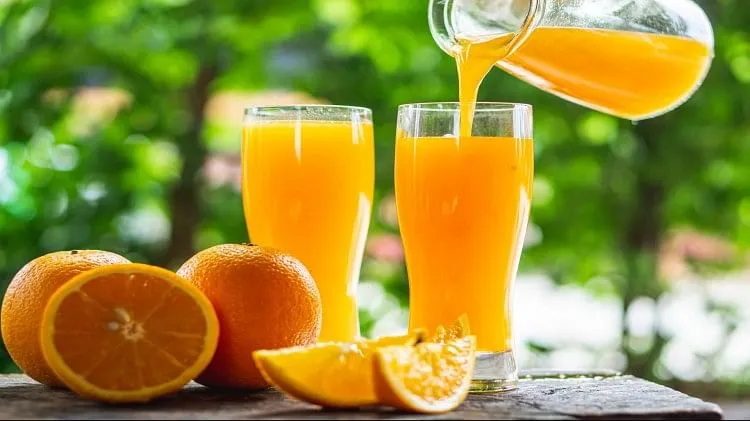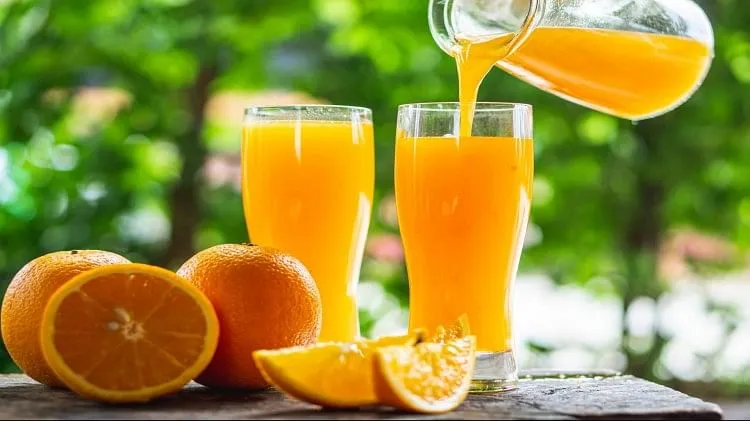During the nine-day fast that occurs during Navratri, fruits are typically consumed. During the fast, one meal is consumed, which consists of fruit and satvik foods. Owing to the fruit diet, consume a more balanced diet than usual. Due to this, persons who fast throughout the days of Navratri receive no nourishment. At this time, the number of calories, fat, and sugar increases significantly. In contrast, after nine days of Navratri, when they must break the fast, they consume more food than they need. In addition to affecting their health, this can lead to weight gain. In addition to fasting during Navratri, it is essential to maintain good health. Learn which foods are ideal for your health during the Navratri fast. During fasting, one must be aware of which foods to consume and which to avoid.

Sufficient fluids
are necessary to maintain the body’s hydration while fasting. In addition to water, additional fluids such as lemonade juice, shikanji, and coconut water can be consumed for this purpose. Consuming fruit juice without filtration means consuming it with fibre. In addition to fruit juice, there will be accessible fibre, which is essential for digestion. Fluids furnish the body with important vitamins and minerals. Consuming fiber-rich foods while fasting can result in constipation. Hence, fruits can be consumed instead of juice. Remember that only homemade juice should be consumed.
Diet advice
In lieu of high-fat milk, consume double-toned milk. It is low in fat and nutrient-dense. Low-fat yoghurt, lassi, and buttermilk can also be consumed. Peanuts roasted in oil and rotis made from buckwheat flour can be consumed with very little oil. You can consume potato, sabudana khichdi or tikki prepared in less ghee. Avoid eating tikkis made of oil. You can replace potatoes with gourd curry and halwa. During the fast, it is very vital to consume only homemade, unadulterated food.
The intake of fruits and vegetables
During the fast, a salad of fruits and vegetables may be ingested. A sufficient amount of seasonal fruits, such as apple, pomegranate, papaya, and banana, can be consumed. Avoid eating fruits that are out of season, such as watermelon, cantaloupe, and oranges. Cucumber, tomato, beetroot, green coriander, and sweet potato are edible vegetables that can be seasoned with rock salt and black pepper powder.
Consume little by bit.
During the fast, some individuals consume only fruits for the whole of the day, while others consume nothing at all. But when we eat, we consume more food than we require. Filling a plate with fruit, milk, and other foods might be detrimental to one’s health and weight. It is preferable to consume three to four small meals per day as opposed to a large one.
Give the body rest
During the fast of Navratri, the food consumed changes. Thus, both mind and body are affected. In this condition, patients may experience lethargy and irritability. During fasting, protect the body from tiredness by allowing it to rest from time to time. Sleep early at night and get enough sleep.
